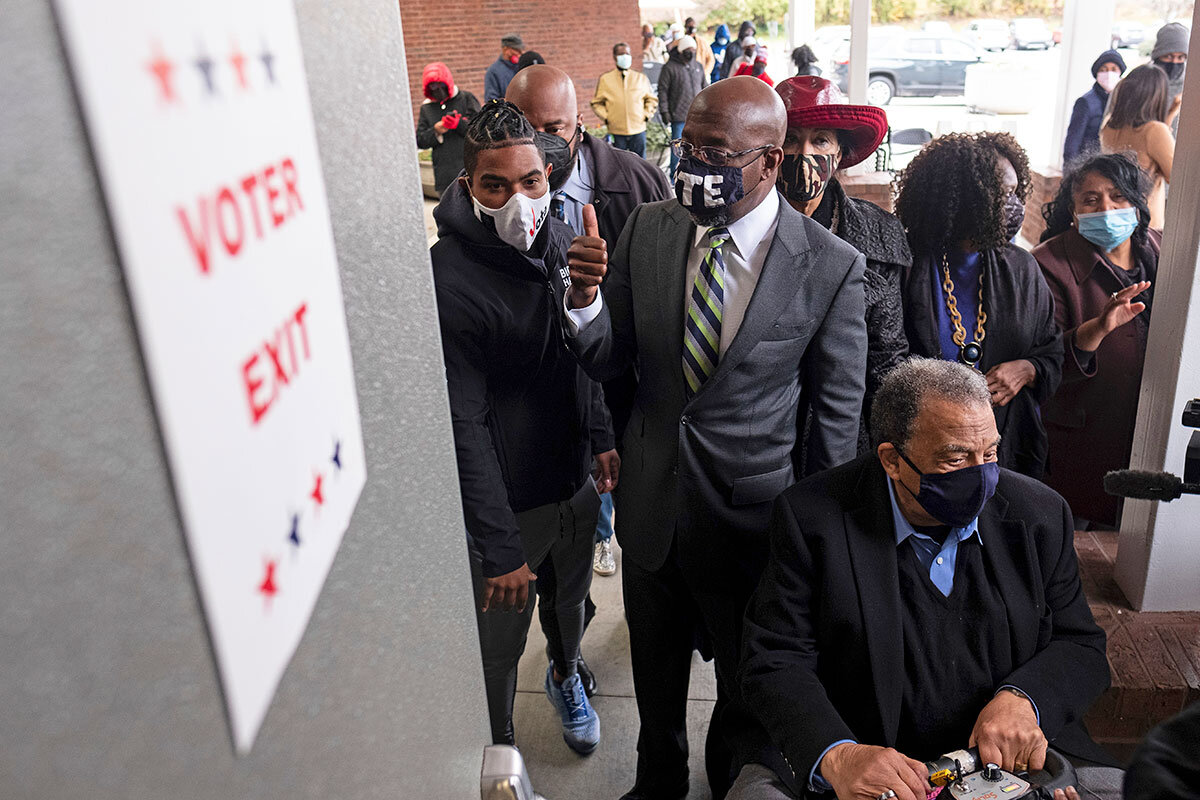Stepping into a new year sends thought spinning forward looking for fresh, better ideas. It’s a time to leave behind thinking that no longer represents who we are.
As calendar pages flipped to 2021 a defense funding bill overwhelmingly passed the U.S. Congress with bipartisan support. Among its many provisions was authorization to remove the names of Confederate Army officers from U.S. military bases.
In December, a statue of Confederate Gen. Robert E. Lee had been taken away from the U.S. Capitol, where it had represented the state of Virginia along with a statue of George Washington. The hope is to place it in a setting that can explain why it was erected in the first place in the early 20th century, a time when different attitudes about the meaning of the Civil War prevailed in Virginia.
Lee’s statue will be replaced by one of Barbara Johns, an African American woman and early civil rights leader. Her efforts helped to bring about the historic 1954 Supreme Court decision Brown v. Board of Education that declared racial segregation unconstitutional.
The change at the Capitol is an “important step forward,” said Virginia Gov. Ralph Northam, who added his hope that the new statue would serve to empower people today “to create positive change in their communities just like she did.”
Similarly, NASA renamed its headquarters for Mary W. Jackson, the space agency’s first Black female engineer, whose crucial contribution to America’s early efforts to send humans into space was depicted in the film “Hidden Figures.”
New honors for new heroes.
Putting a name on a public building or erecting a statue carries a meaning far beyond recognizing an outstanding individual achievement. It declares what values society prizes.
In 2020 outdated, inappropriate names were being discarded right and left, not only by public institutions but also by private concerns. It became clear that Uncle Ben and Aunt Jemima were not appropriate symbols on food products and they were dropped. The last legal challenge to changing the name of Lake Calhoun in Minneapolis was rejected by Minnesota’s Supreme Court. The city’s largest lake, somewhat bizarrely, had been named after early 19th-century slaveholder John C. Calhoun of South Carolina. It now bears a local Native American name, Bde Maka Ska.
The National Football League’s Washington Redskins, saddled with one of the most offensive sports nicknames, became, for now, simply the Washington Football Team. And Major League Baseball’s Cleveland Indians announced it was in the process of finding a different name. The team had already abandoned a crude caricature as its team logo.
Changing the names of these widely known teams is having a positive trickle-down effect. Roughly 1,900 U.S. schools still have teams with Native American nicknames or mascots, The New York Times reported. But just since August more than two dozen have dropped them – and that was before the influential Cleveland announcement.
“We are entering a time where all of these [Native American names] will be seen like minstrel shows, like horrible, outdated racist things,” Maulian Dana told the Times, speaking for the Penobscot Tribe in Maine. “And people will be very confused as to why they lasted so long.”
The year 2021 will have its opportunity to build on the gains of 2020. Out with the old year, in with the new. Out with concepts that no longer represent our highest hopes and ideals. In with names that stand for liberating, uplifting views.
 Amelia Newcomb
Amelia Newcomb










